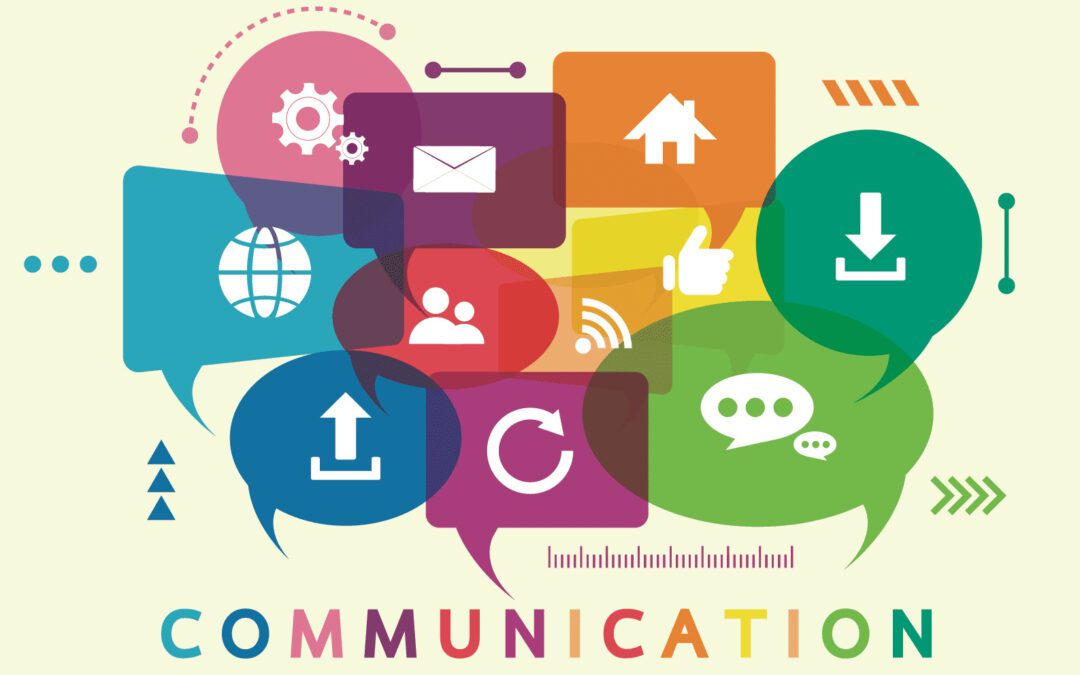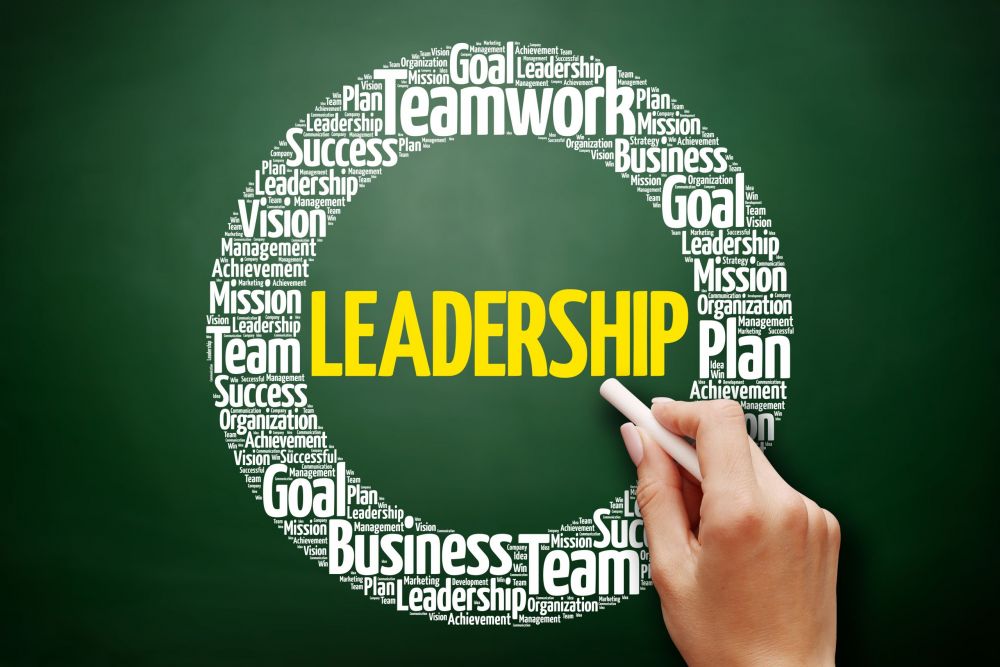
Five Obvious (but Uncommon) Methods to Build Great Teams
Whether it is a strategic goal or an operational mandate, the success of every business objective ultimately depends on one and only one factor – How good is your team? The best visionaries and managers can achieve very little if they don’t have a motivated, energized and effective team under them. Great Teams just don’t fall in place automatically, they are built. It takes considerable effort and strategy to build great teams that thrive on challenges and makes work look like fun and a great adventure.
Management is nothing more than motivating other people ~ Lee Iacocca
In my years of being managed in and managing tiny, large, diverse, global and multi-functional teams, I have learnt along the way that there are some pretty obvious methods to build and sustain a high value team of best performers:
Build Great Teams Method #1: Hire for Attitude
We hear this quite a lot but what does it really mean? To me, it means looking for enthusiasm more than expertise, integrity more than degree and thirst for knowledge more than experience. Skills can be taught but it is quite difficult to change behaviors and attitude. Destructive behaviors are very contagious and a few people with a bad attitude can ruin the performance of an entire team no matter how good the rest are. It is important to filter for the best from the start or prune the bad apples the first chance you get.
Build Great Teams Method #2: Give Autonomy (with Accountability)
People are in their best performance “zones” when they find meaning in the work they do. Work is no longer just a job with a salary in today’s global 24/7 environment, it is significantly integrated into our lives. People need to be deeply engaged and feel that they are making progress every day in their lives through their work. One way to do this is to cultivate the concept of entrepreneurship within teams. Assign goals (and not tasks) to your team and give them sufficient autonomy and authority to work towards these goals. “I don’t know” is sometimes the best answer that a leader can give to promote initiative and dynamism within the teams.
Build Great Teams Method #3: Respect (Lots of it)
Cultivate a culture of respect and be a model for it. Promote mentoring within teams and break silos. The best teams discuss, debate and challenge each other on the way to achieving the remarkable while being respectful of each other’s uniqueness. Celebrate this uniqueness and the value that every member of the team brings to the table. When people respect each other, trust in each other’s abilities soon follows and it becomes much easier to make the right decisions to achieve common goals.
Build Great Teams Method #4: Practice Transparency (Enable Communication and Collaboration)
You cannot expect people to operate blind and still give their best output. Technology has made the sharing of information and the levels of interaction much easier – use this to your and the team’s advantage to ensure that the right hand knows what the left hand is doing. Free flow of information empowers team to collaborate and enables rapid progress.
Build Great Teams Method #5: Appreciate, Appreciate and Appreciate
Yes, I can’t say this often enough and I am not talking about the carrot and stick approach. Genuinely and sincerely demonstrate that you value your team by thanking them every opportunity that you get. Make it a priority to notice when people are doing things right or are going out of their way to ensure the success of the team. Celebrate this publicly and privately. This lifts people up, it makes people feel safe and that they matter. This in turn frees them up to perform and contribute at their highest levels.
As I mentioned earlier, the methods are pretty obvious but the simplest methods are always the most effective. It surprises and saddens me to see how often managers don’t practice this. Can’t sum this post up better than Tom Peters:
A soaring vision is desirable.
An effective strategy is important.
Super-processes are a necessity.
But in the end, it’s all about … THE PEOPLE!*
*It’s ALWAYS all about
… THE PEOPLE!
What have your experiences been in building and in being part of successful teams? What would you have done better? I would love to know.





